A suspicious smell is ruining a popular vacation spot in California, once a favorite stop of A-list celebrities like Rock Hudson, Frank Sinatra, and Jerry Lee Lewis.
One of the largest lakes in the state is shrinking at a concerning rate, which has caused it to become saltier and dustier than usual while producing a strong egg-like odor in the process.
The Salton Sea
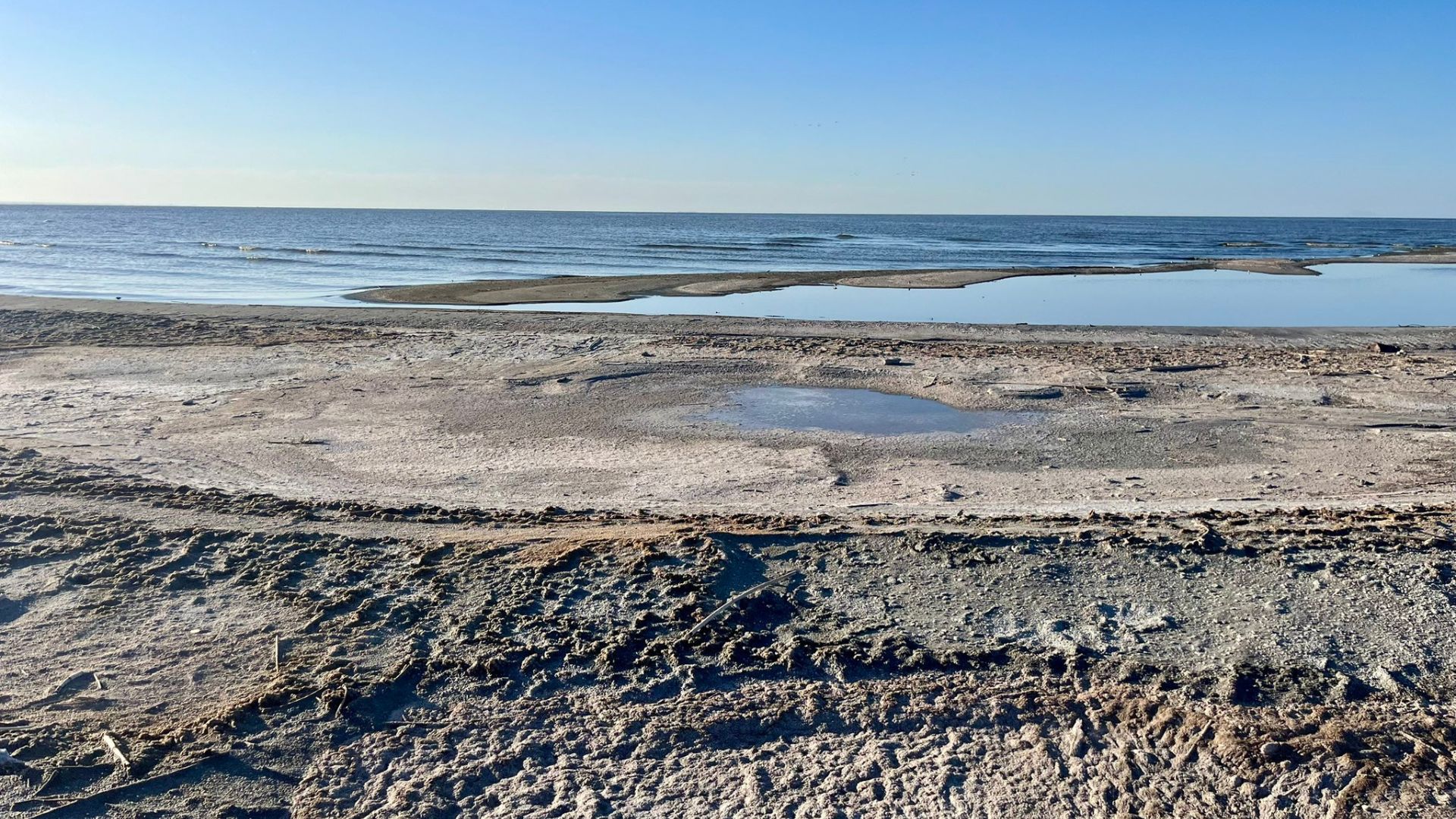
The Salton Sea is a popular tourist spot near the Coachella Valley, Mexxa, and Bombay Beach and is now being described by guests as a “bring bog of despair” that “smells like death.”
“The smell is atrocious!” one tourist shared on TripAdvisor. “Something between a sewage plant and a pile of roadkill from the stagnant waters backing up along the “sea” and its tiny bay.”
Upset Tourists
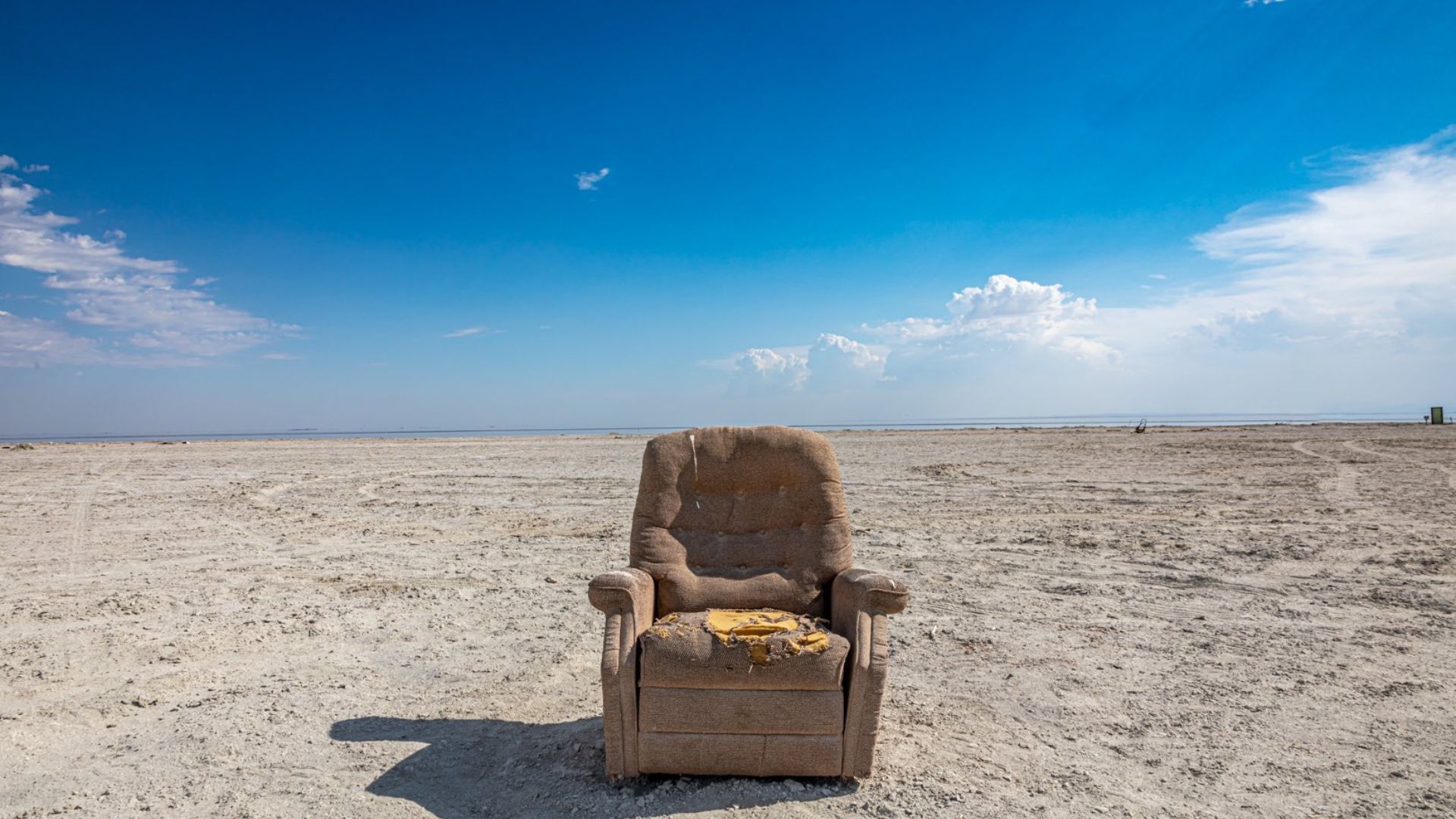
Another unhappy visitor to the area described the sea as “Satan’s favorite hellhole.”
“Imagine, if you will, the hottest, most disgusting desert, only a few feet away from the most disgusting smelling, dirtiest water you’ve ever beheld,” they added.
Researchers Uncovered the Reason
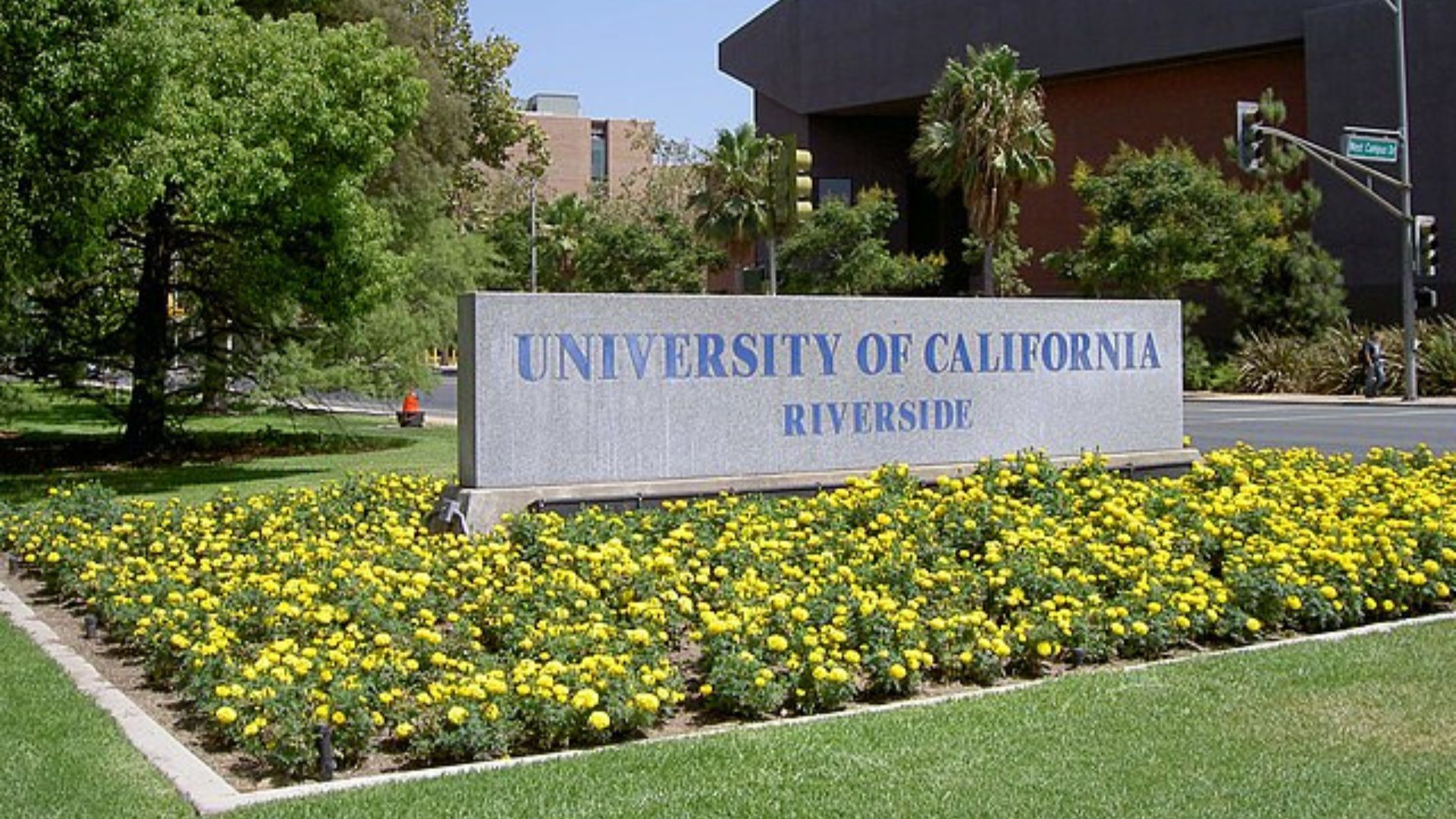
A recent study by a team at UC Riverside decided to uncover the reason behind the stench, which ahs become a year-long issue for nearby residents.
Caroline Hung, co-author on the study, said that the smell is caused by the lake shrinking quickly over the past few years, combined with increased pollutants, fertilizer, and algae blooms beneath the surface.
A Terminal Lake
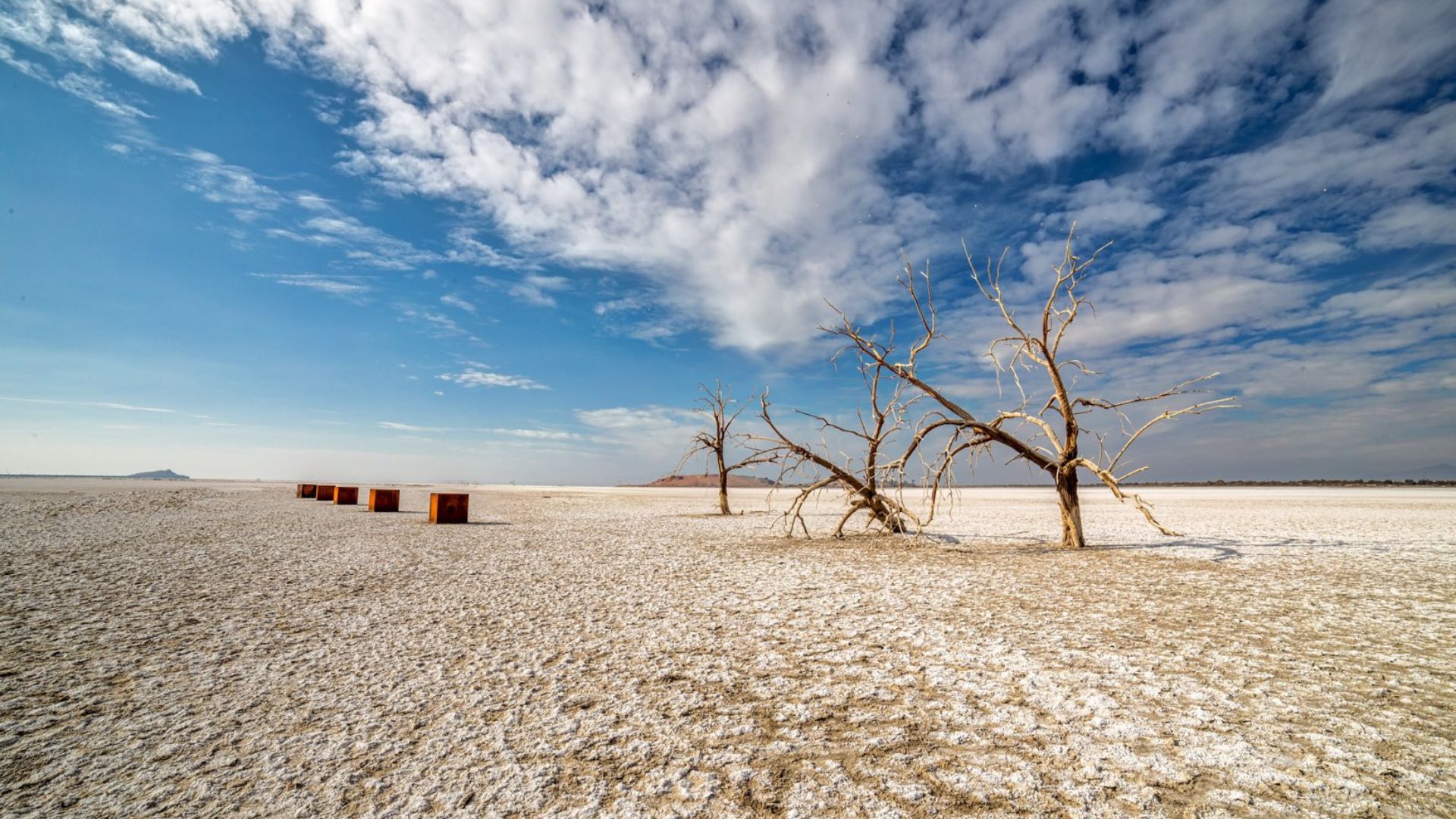
Hung, who works as a PhD Candidate at the Lyons Biochemistry lab in UC Riversides’s Earth and Planetary Sciences Department, said that the Salton Sea is a ‘terminal lake’ because the water only exists through evaporation.
The lake is the largest in California. However, it was created by accident in 1905 when the Colorado River swelled, breached its levees, and flooded the Salton Sink desert valley.
Quick Transformation into a Resort
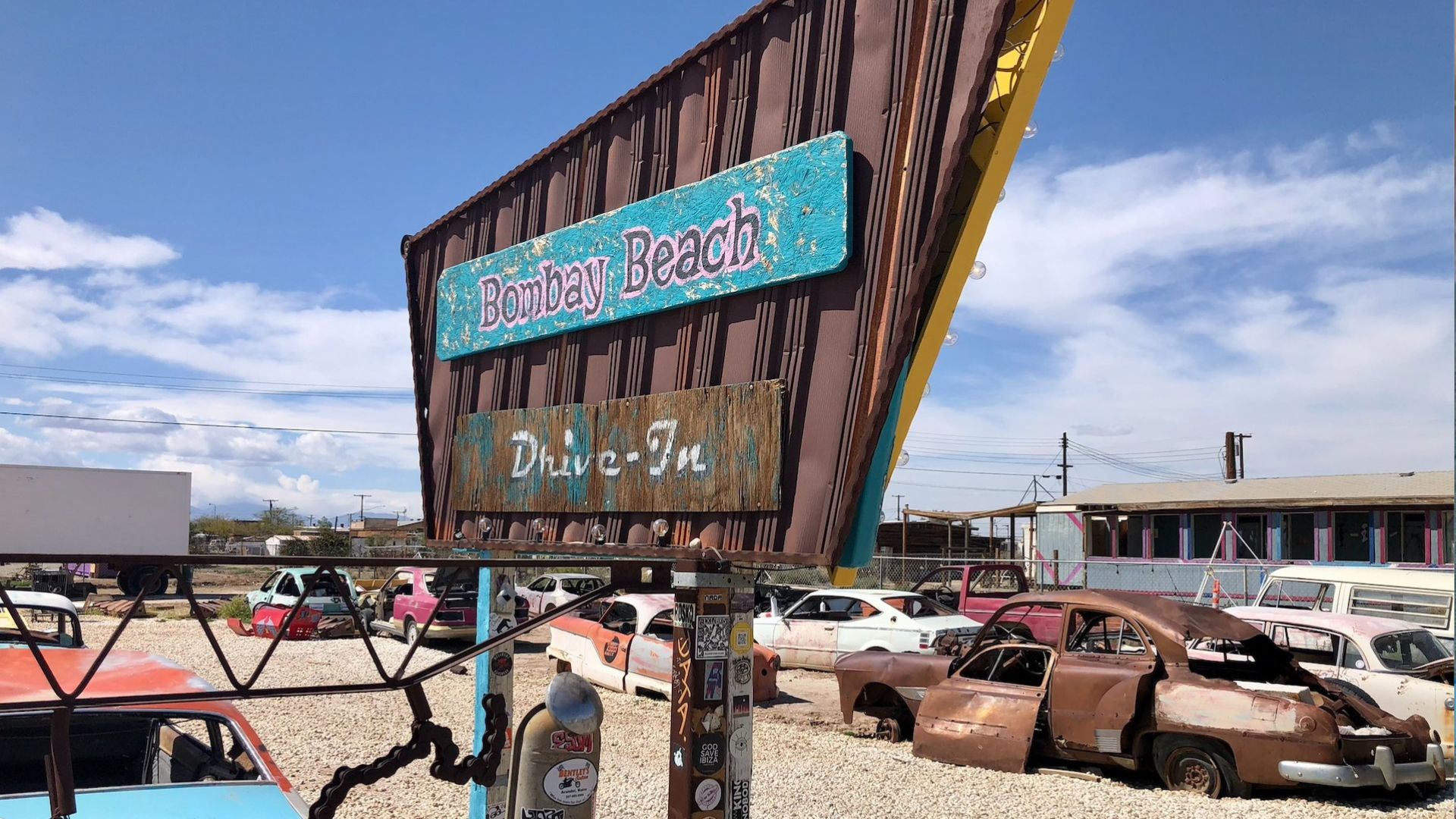
After the sea was accidentally created, developers quickly turned it into a popular resort area, building up the shoreline with hotels, yacht clubs, and more.
In the 1950s, celebrities began flocking there to get away from super busy LA. People like Frank Sinatra and the Beach Boys were regulars.
The Decline
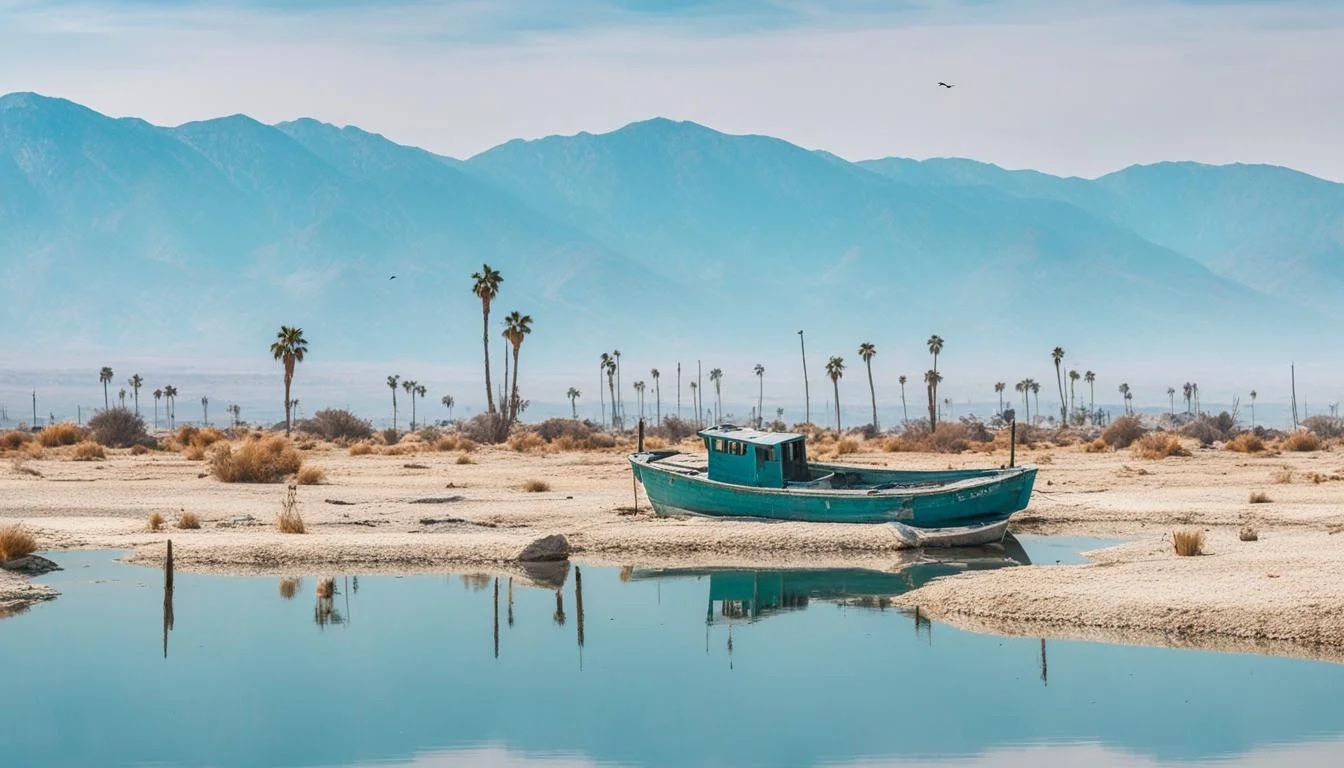
After a few decades of success, the area saw a relatively fast decline in interest.
A lack of rain and increasing temperatures meant the lake was slowly shrinking and becoming drier and less picturesque.
The Salton Stink
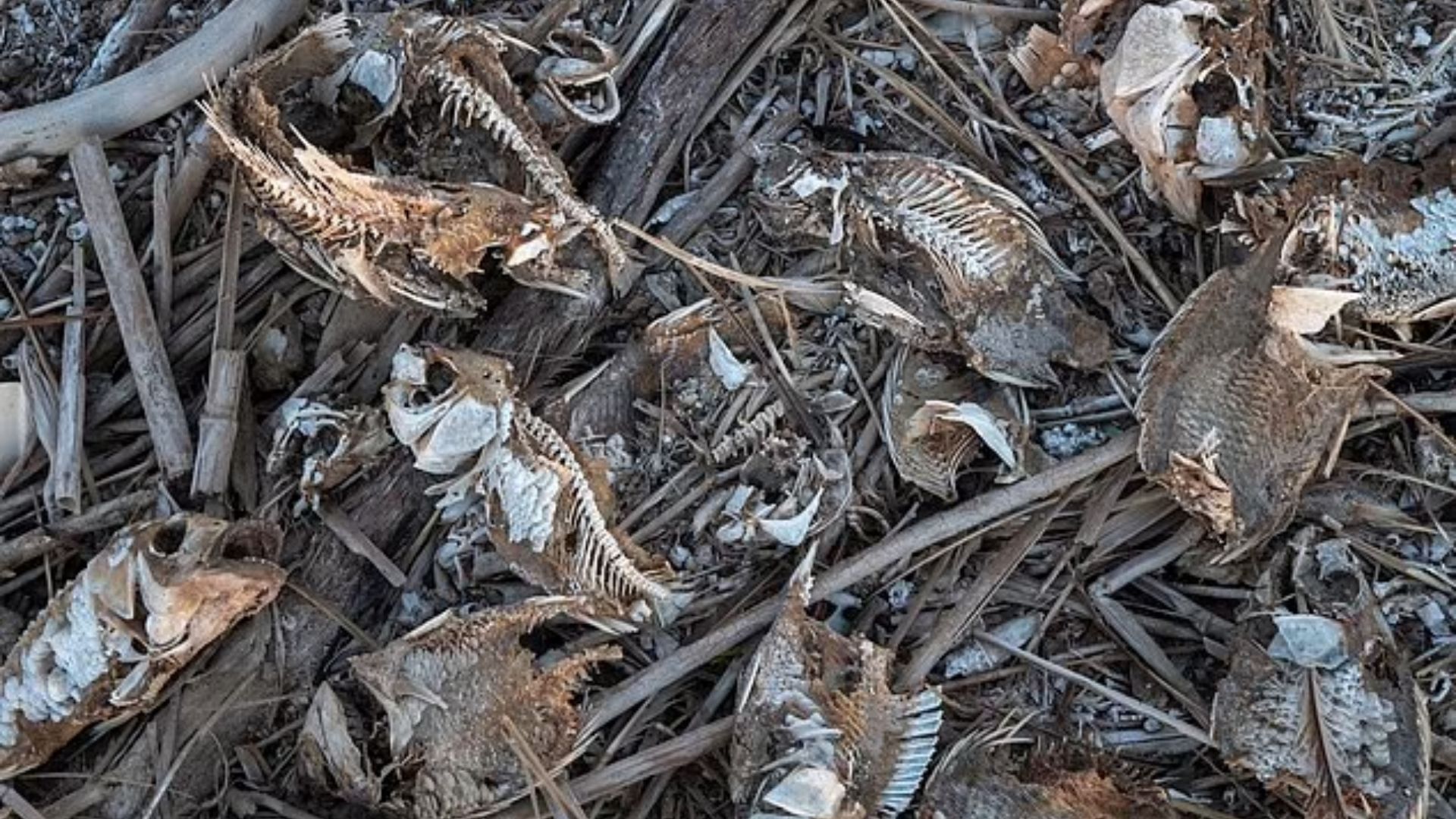
Now, after decades of evaporation and a lack of rain to replenish the lake, the once idyllic area has been reduced to a smelly pond.
The lake has dropped 10 feet over the last 20 years, and it regularly reaches temperatures of over 97 degrees Fahrenheit in the summer.
Reason for the Egg Smell
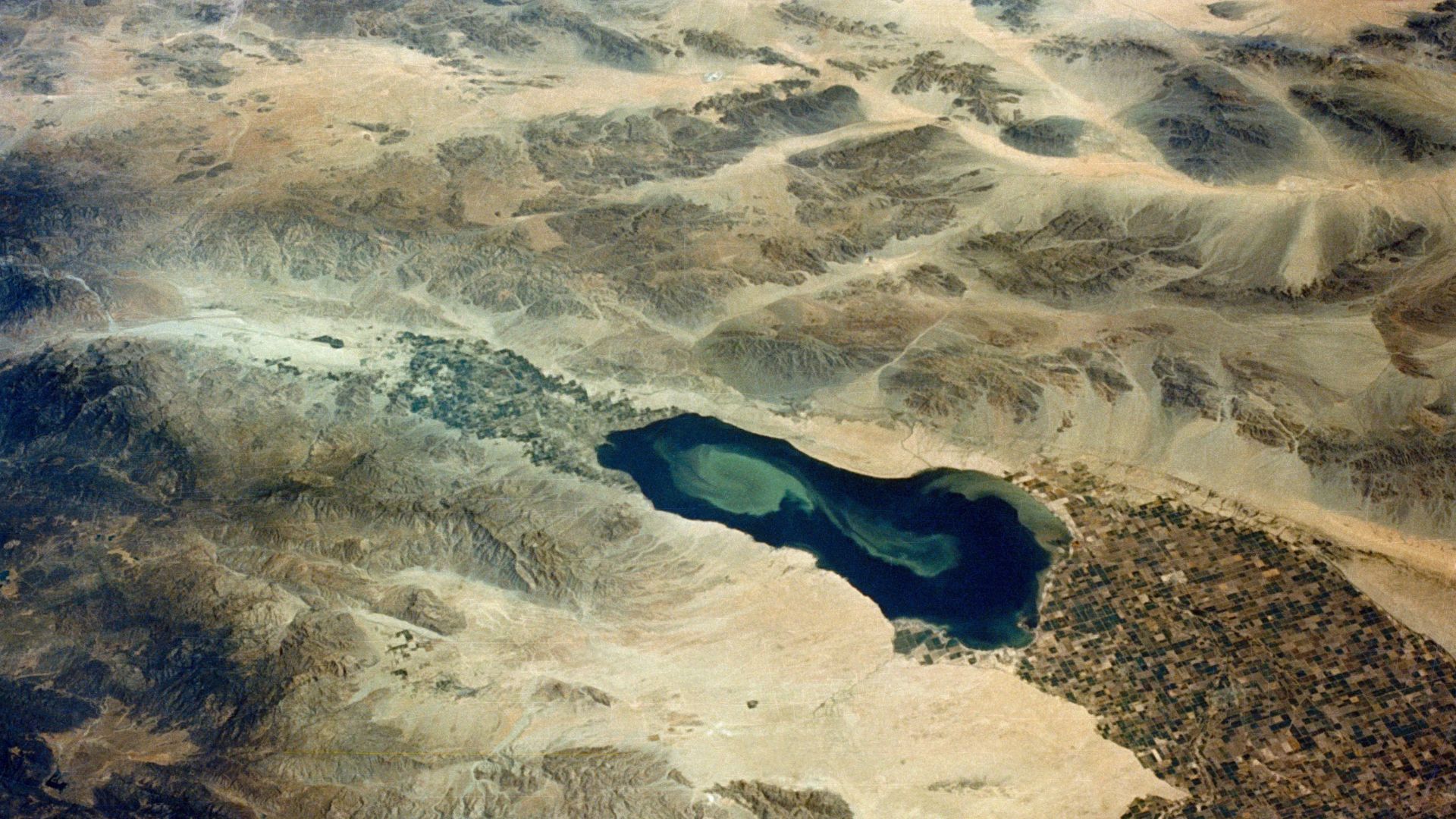
Hung said that the egg smell is the result of algae producing hydrogen sulfide – a gas that smells increasingly bad in warmer temperatures.
In a regular lake, thermal layers trap the worst of the odors well below the surface. “When algae die, their decay consumes oxygen as they sink through the water column,” Hung explained.
Further Explanation
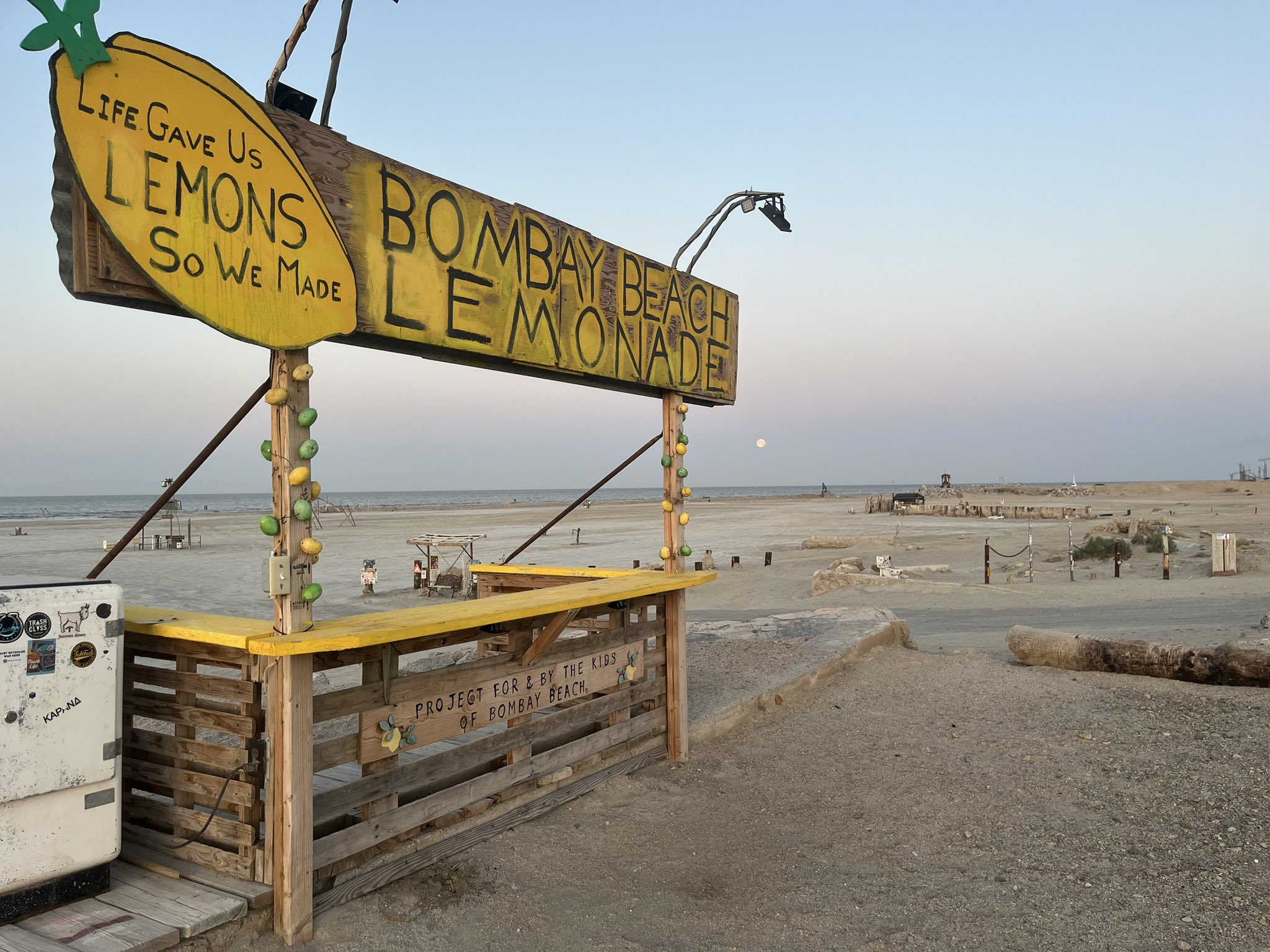
Hung went on to explain that the microorganisms that use sulfate reduction for energy produce the smell as a byproduct.
“Sulfide accumulates in the bottom waters until lake mixing events, such as turnover or upwelling, release it into the air. This release creates the characteristic rotten egg smell often associated with the Salton Sea.”
Nearby Development Didn’t Help the Issue
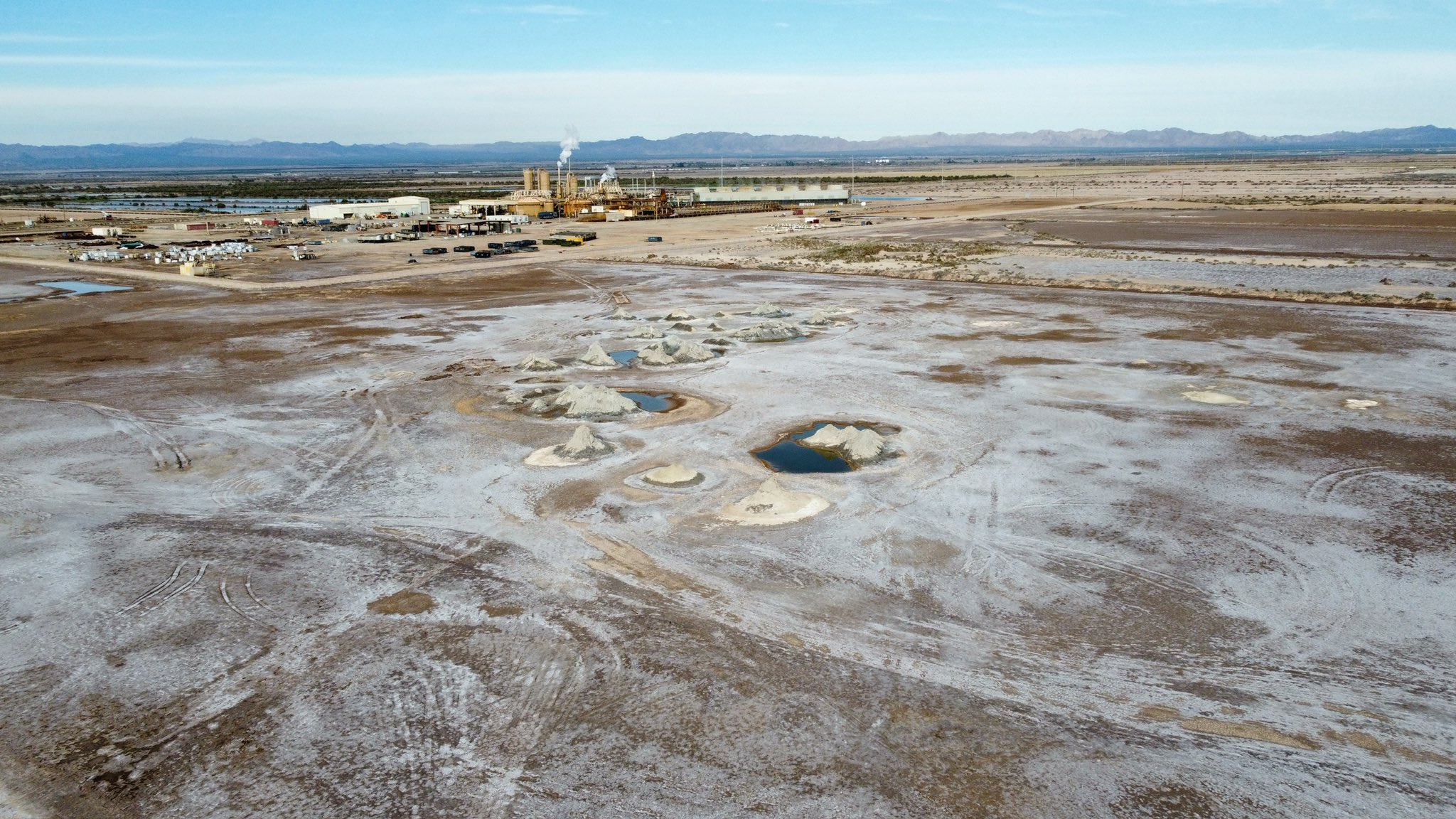
Hung said that the increase in algea was created by a large increase in “excessive nutrients” in the lake which came from fertilizers and pesticides from nearby farms.
The increase in commercial and farming activity in the area has only worsened the problem.
The Impact on Aquatic Life
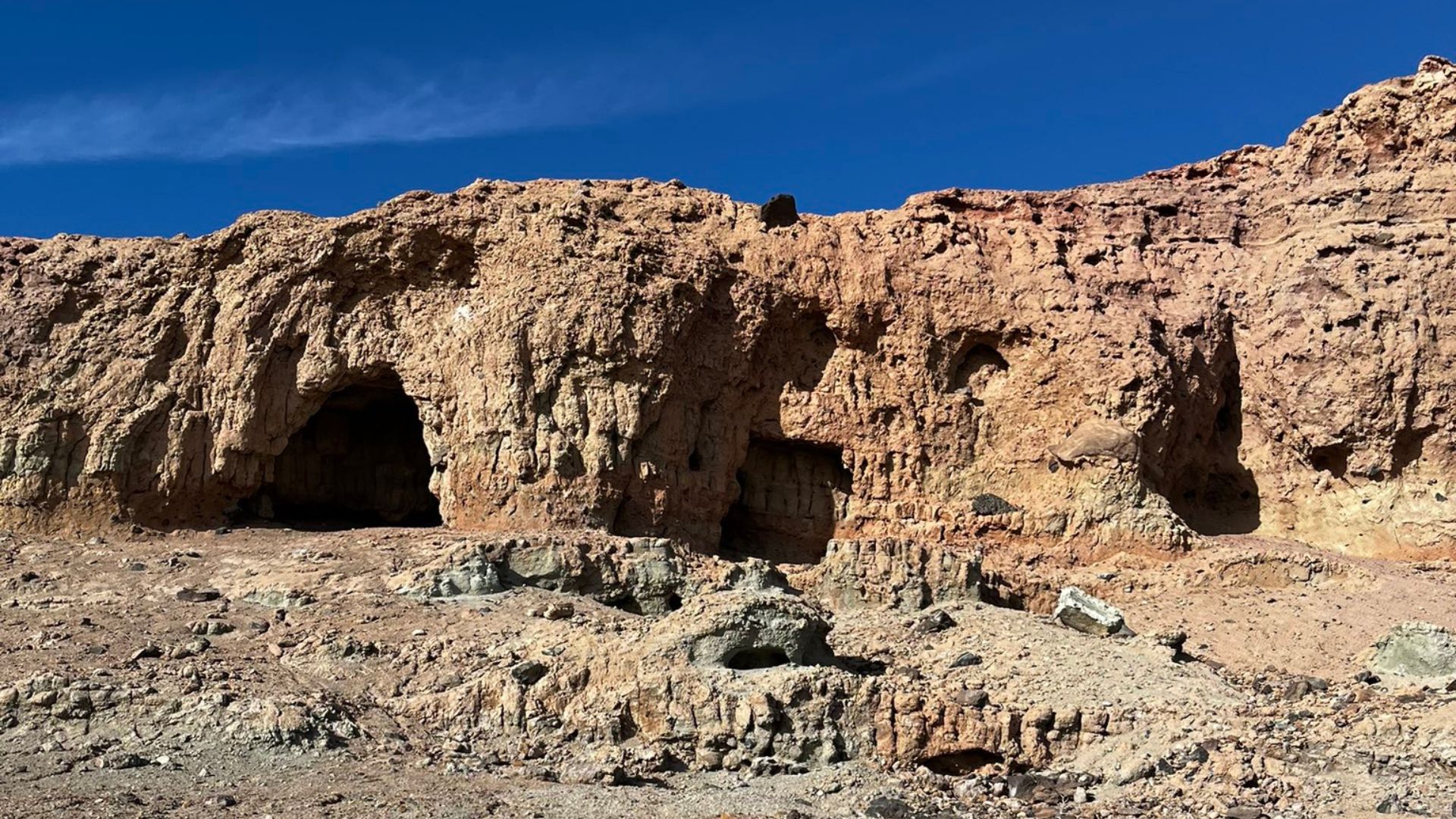
There is another by-product of the changing organisms in the lake, the aquatic life is dying at record levels.
Millions of fish began to die in the Salton Sea back in the 1990s, but the problem has only gotten worse since then. “The mass die-offs were primarily caused by anoxia (lack of oxygen) and euxinia (high sulfide conditions) in the water,” Hung said.








































